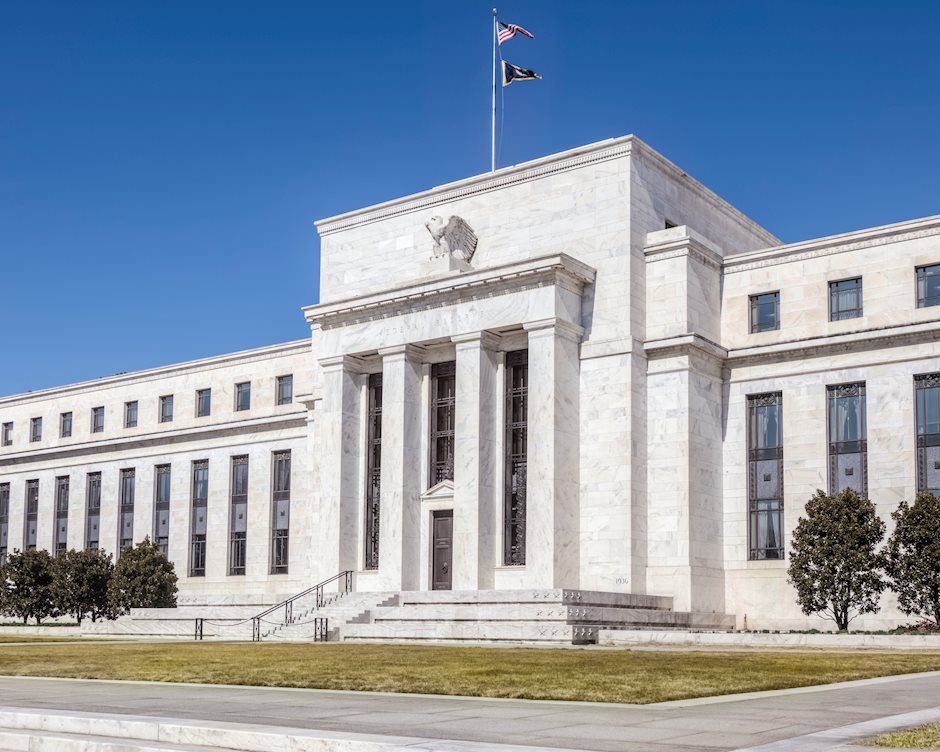Central Banks Puzzled as Global Inflation Hits Lowest Level Since 2009: Solving the Puzzle

Yesterday, I commented on “transitory” factors holding down inflation.
Today, the Wall Street Journal reports Global Inflation Hits Lowest Level Since 2009.
-636373982273880014.png&w=1536&q=95)
"The Organization for Economic Cooperation and Development said Thursday that consumer prices across the G-20—the countries that account for most of the world’s economic activity—were 2% higher than a year earlier. The last time inflation was lower was in October 2009, when it stood at 1.7%, as the world started to emerge from the sharp economic downturn that followed the global financial crisis.
The contrast between then and now highlights the mystery facing central bankers in developed economies as they attempt to raise inflation to their targets, which they have persistently undershot in recent years.
According to central bankers, inflation is generated by the gap between the demand for goods and services and the economy’s ability to supply them. As the economy grows and demand strengthens, that output gap should narrow and prices should rise.
Right now, the reverse appears to be happening. Across the G-20, economic growth firmed in the final three months of 2016 and stayed at that faster pace in the first three months of 2017.
Growth figures for the second quarter are incomplete, but those available for the U.S., the eurozone and China don’t point to a slowdown. Indeed, Capital Economics estimates that on an annualized basis, global economic growth picked up to 3.7% in the three months to June from 3.2% in the first quarter.
Central bankers in developed economies are puzzled by the sluggish pace of pay rises, given continuing declines in jobless rates. However, they believe that economic growth will ultimately eliminate the gap between what their economies can produce and what they are now producing, supporting wages and prices."
No Puzzle
Central banks are puzzled because they do not know what inflation is, or how to measure it.
For example, instead of using home prices in the CPI, they now use Owners’ Equivalent Rent.
In general, asset prices do not count. Bubbles in stocks and bonds do not count.
The massive global QE liquidity went someone, as money always does. The liquidity did not go where the central bankers wanted. It went into asset bubbles.
Mystery Solved
It’s no mystery why central bankers are mystified: Collectively, they are economically illiterate fools engaged in Keynesian and Monetarist group think.
On deck is another round of destructive asset price deflation, brought about by Central banks who cannot see the obvious.
Author

Mike “Mish” Shedlock's
Sitka Pacific Capital Management,Llc

















